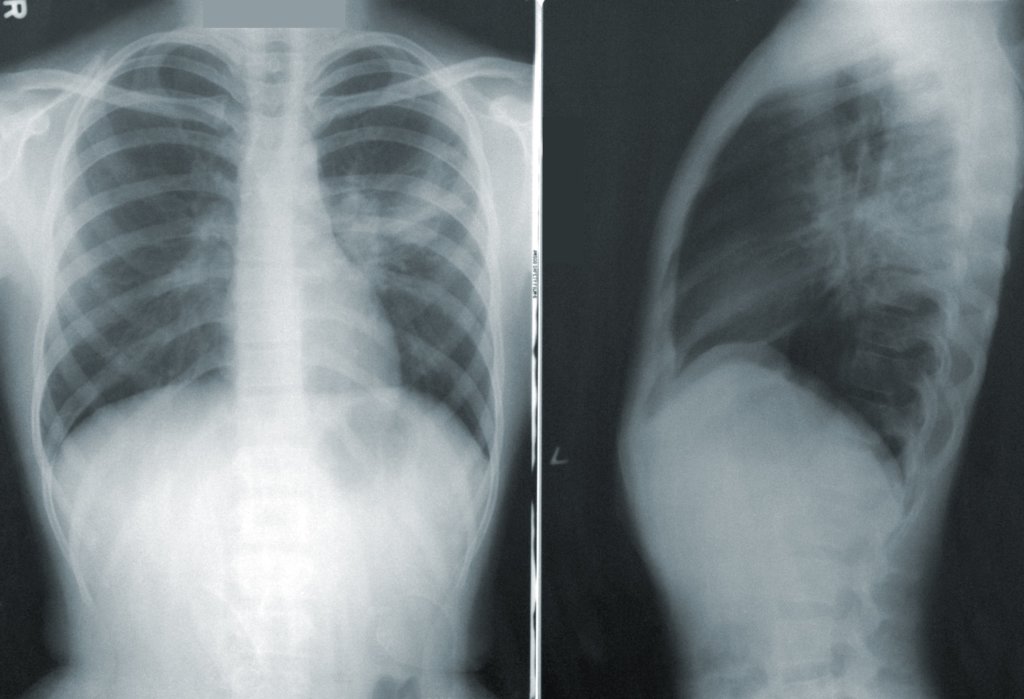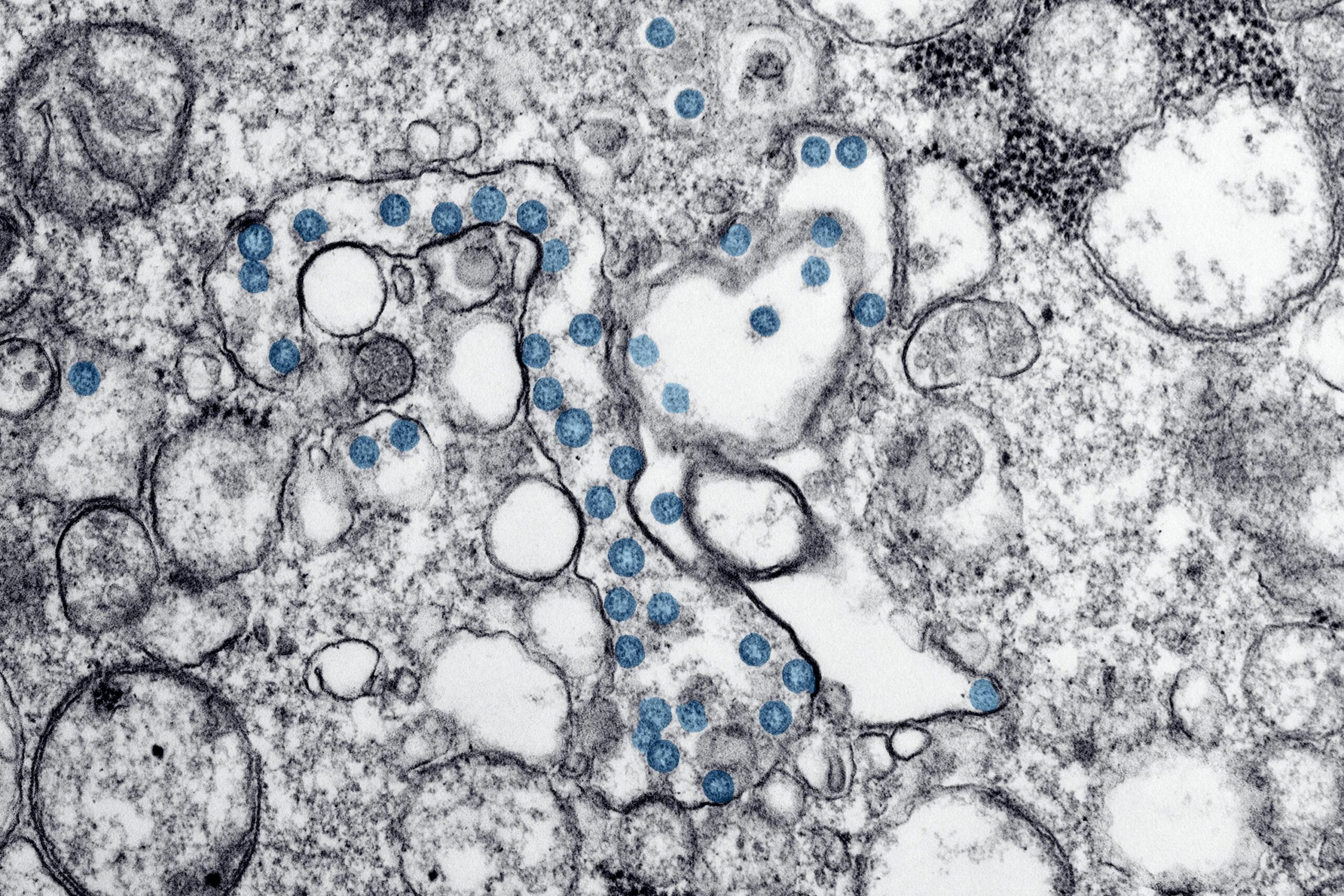Older adults get sicker, faster, and are more likely to die from pneumonia. During the last 2+ years, the world has been forced to bear witness to this fact – too frequently, too tragically, and unmistakably. Why? Have we been looking in the wrong places for answers? New research from the University of Colorado (CU) School of Medicine indicates that the severity of illness may have as much to do with the gut as it does with the lungs.
Elizabeth J. Kovacs, PhD, professor of GI, trauma, and endocrine surgery at CU, studied the bacteria Streptococcus pneumoniae in animal models. Kovacs and Holly Hulsebus, a graduate student in immunology, searched for changes in the gastrointestinal (GI) microbial populations after lung infection.
“Streptococcus pneumoniae is normally carried in the nasal passages of healthy adults. People with healthy immune systems can just live with it, and it doesn’t cause any problems,” Hulsebus explains in a statement. “But people with compromised immune systems, including older adults, tend to become more susceptible to infection, because their immune system can’t really manage the bacteria that are normally there. Those bacteria can leave the nose and move to other places in the body. They can spread to the lungs and cause pneumonia.”
The researchers found elevated levels of the Enterobacteriaceae family — gut-specific bacteria that include E. coli— in the lungs of aged, but not young animal models infected with Streptococcus pneumoniae. As Enterobacteriaceae is associated with increased inflammation, the researchers also discovered higher levels of neutrophils, a type of inflammatory cell, in the lungs of the aged animals.
With increasing age, the body has a heightened baseline inflammatory response, which induces the gut to have faster responses to inflammatory conditions. That causes potentially pathogenic bacteria in the gut to extravasate into other organs. The patient’s health can decline rapidly.
Older adults are nearly five times more likely to be hospitalized with pneumonia, and with comorbidities mortality rates from pneumonia can exceed 50 percent. With the global population of those over the age of 65 growing rapidly, it’s important to find new ways to combat severe infection. Future research in the lab includes investigating the effectiveness of microbiome transplants or fecal transplants that replace the bacteria in the aging gut with that of younger animals.
The research is published in the journal Frontiers in Aging.











